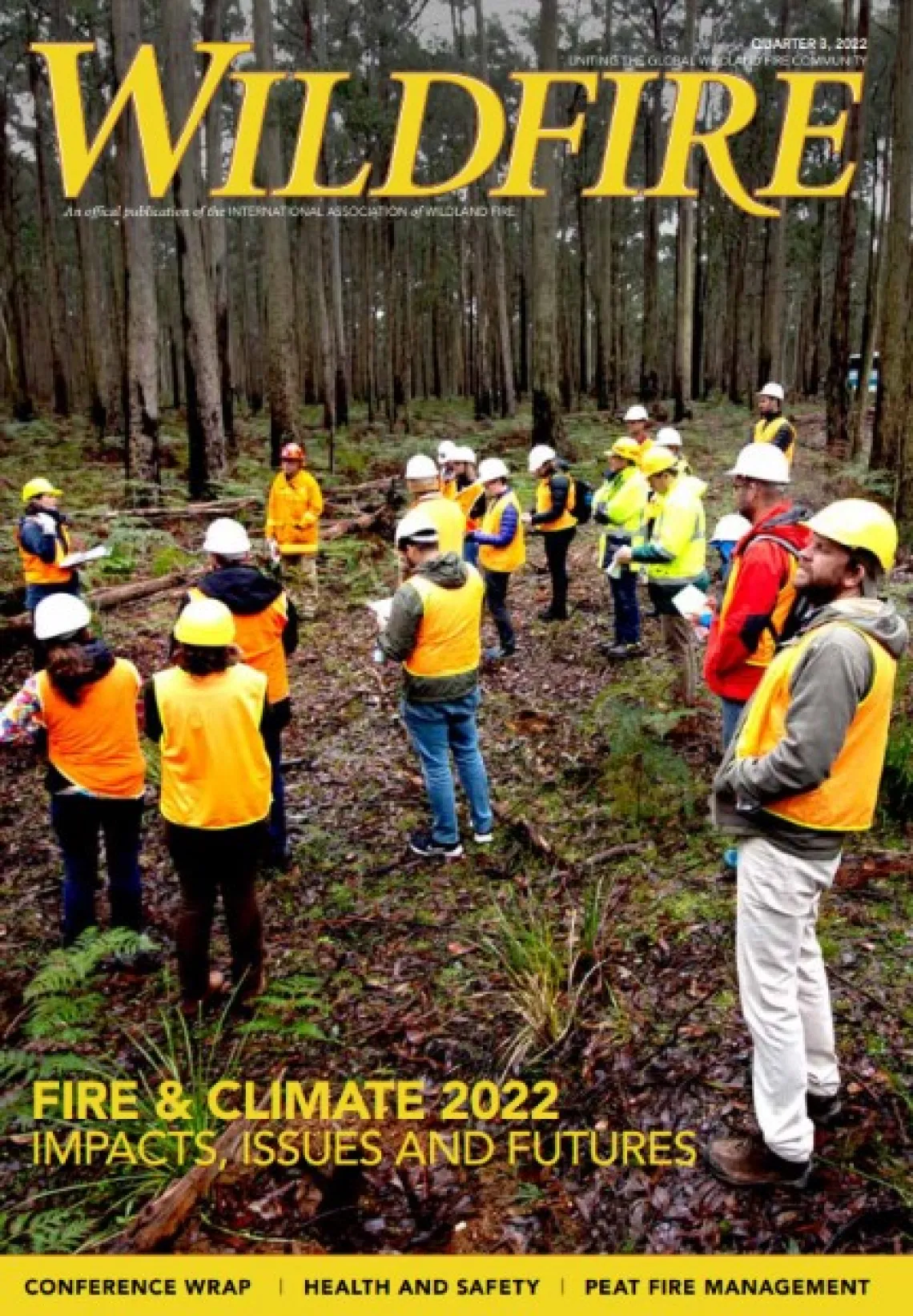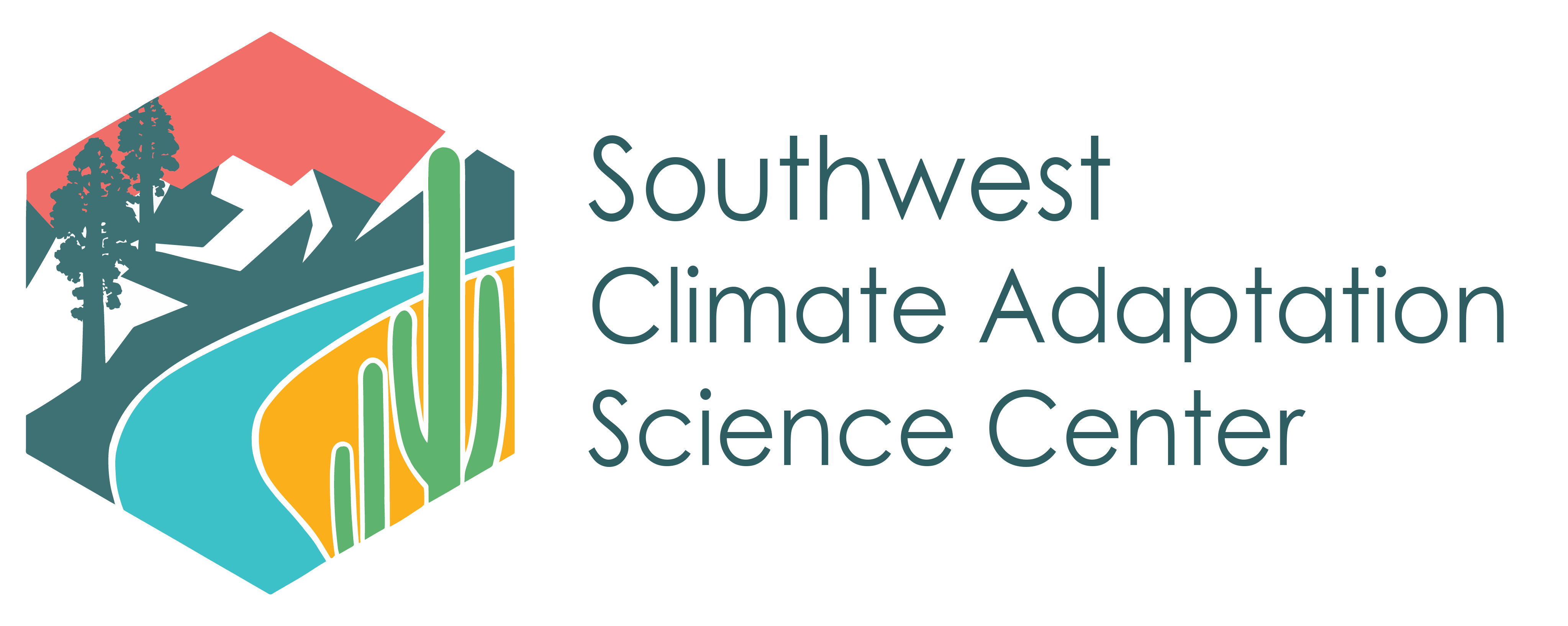New Framework Provides Guidance for Adoption of Management Practices in Changing Fire Regimes

A new article published in the International Association of Wildland Fire’s Wildfire Magazine considers a framework for adaptation to changing wildfire regimes. The article, titled “Reimagining Science, Management, and Culture,” was written by a team of authors, including SW CASC Acting Federal Director, Carolyn Enquist.
The authors detail a new, emerging framework that is aimed at science-funding organizations, scientists, and land managers. The framework provides a guide to advance the adoption of management practices in the face of changing fire regimes. The three pillars of the new framework are: 1. Develop new management strategies, 2. Implement new management actions, and 3. Evaluation and learning. These pillars are built on a foundation of partnerships, communication, trust, and humility.
The importance of incorporating diverse perspectives and communities is stressed within each pillar of the framework. The authors write that, “Partnerships among land managers, scientists, and stakeholders are necessary to ensure diverse perspectives are considered and the broader public supports land management actions.” The authors provide the Southwest Fire and Climate Adaptation Partnership (SWFireCAP) as an example of an innovative partnership addressing fire and climate change. The SW CASC helps to coordinate the SWFireCAP, which is an open and inclusive group of partners with a shared vision for working together to advance fire and climate adaptation in the Southwestern U.S. through the sharing of Indigenous and western knowledge perspectives, being inclusive, and building trust.
The framework was developed through a partnership between the Joint Fire Science Program (JFSP), the JFSP Fire Science Exchange Network, the U.S. Forest Service, U.S. Geological Survey (USGS) Wildland Fire Science Program, and the USGS Climate Adaptation Science Centers. The goal of this partnership moving forward will be to further develop the fire regime management framework and make it available to science funding organizations.

